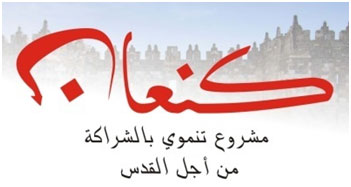2018-02-21
Israeli bulldozers demolish a sheep farm and retaining wall in Occupied Jerusalem
On February 21, 2018, the occupation’s bulldozers, municipality crews, policemen and Special Forces raided the neighborhood of Shu’fat and closed several streets. They surrounded the house and farm of Saleh Abu Khdeir and the workers started emptying the farm from the sheep and other contents before the bulldozers started the demolition operation. The crews then headed towards the house and demolished it as well.
Saleh Abu Khdeir explained that his house was 115m2 in area where he lived with his family (6 members including one child) while the farm was 215 m2 and housed 130 sheep. He said the house was established in 2006 and he moved-in in 2012 after completely finishing it. The force also demolished a retaining wall (67 * 2.5 m) that surrounded the one dumum plot I have, said Saleh.
He explained that the municipality issued a demolition order against the two establishments last June. He was able to postpone the demolition and the court issued an order last month to stop the demolition order. Today, the house was demolished without prior notice.
Abu Khdeir said the municipality imposed two fines on him for building without a permit (50 thousand NIS) which he was committed to paying.
Total losses of Abu Khdeir mounted up to $114,285.
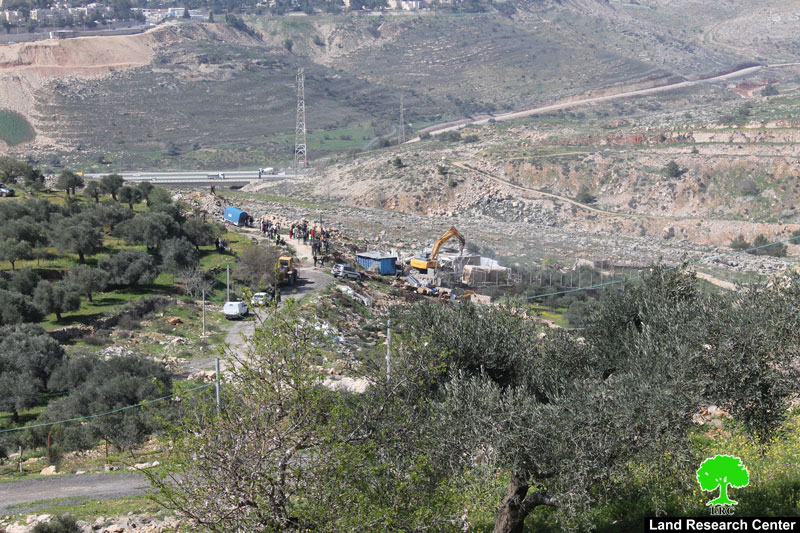
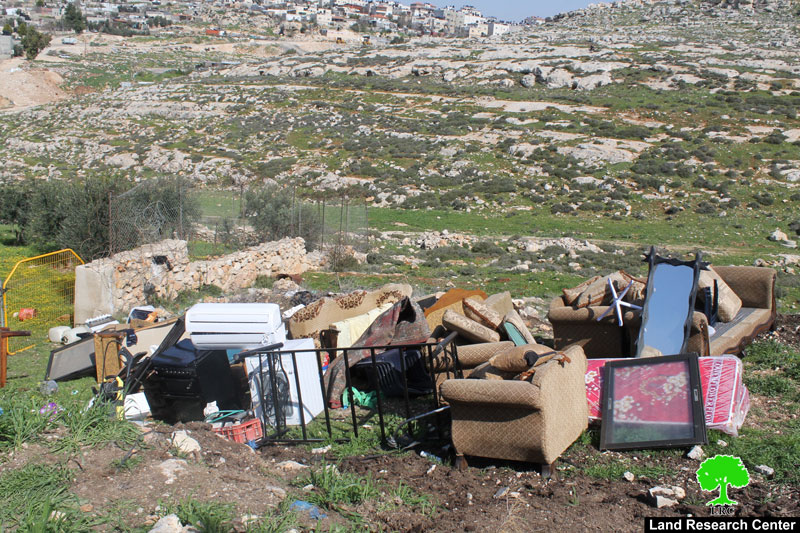
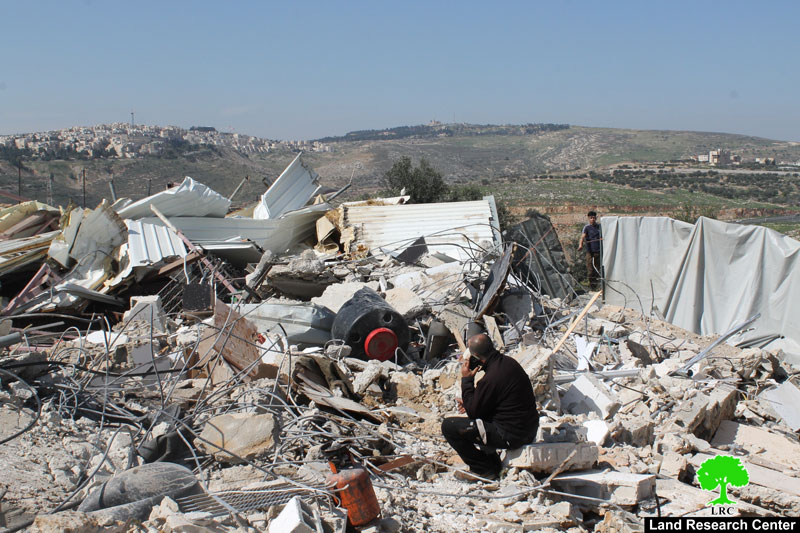
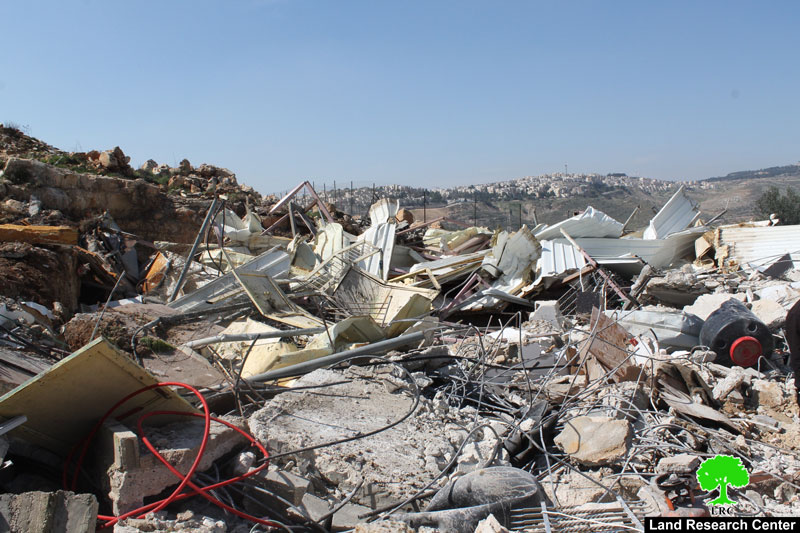
Land Research Center LRC sees that demolitions contradict with all the International conventions and Humanitarian laws including:
Article 17 of the (1948) Universal Declaration of Human Rights stating: “Everyone has the right to own property alone as well as in association with others. No one shall be arbitrarily deprived of his property.”
Section ‹G› of article 23 of the (1907) The Hague Conventions asserting: “In addition to the prohibitions provided by special Conventions, it is especially forbidden to destroy or seize the enemy's property, unless such destruction or seizure be imperatively demanded by the necessities of war.”
Article 53 of the Geneva Fourth Convention (1948) declaring: “Any destruction by the Occupying Power of real or personal property belonging individually or collectively to private persons, or to the State, or to other public authorities, or to social or cooperative organizations, is prohibited, except where such destruction is rendered absolutely necessary by military operations.”
Section 1, Article 11 of the International Covenant on Economic, Social and Cultural Rights (1966): “The States Parties to the present Covenant recognize the right of everyone to an adequate standard of living for himself and his family, including adequate food, clothing and housing, and to the continuous improvement of living conditions. The States Parties will take appropriate steps to ensure the realization of this right, recognizing to this effect the essential importance of international co-operation based on free consent."
This case study is part of Kan'aan Project
